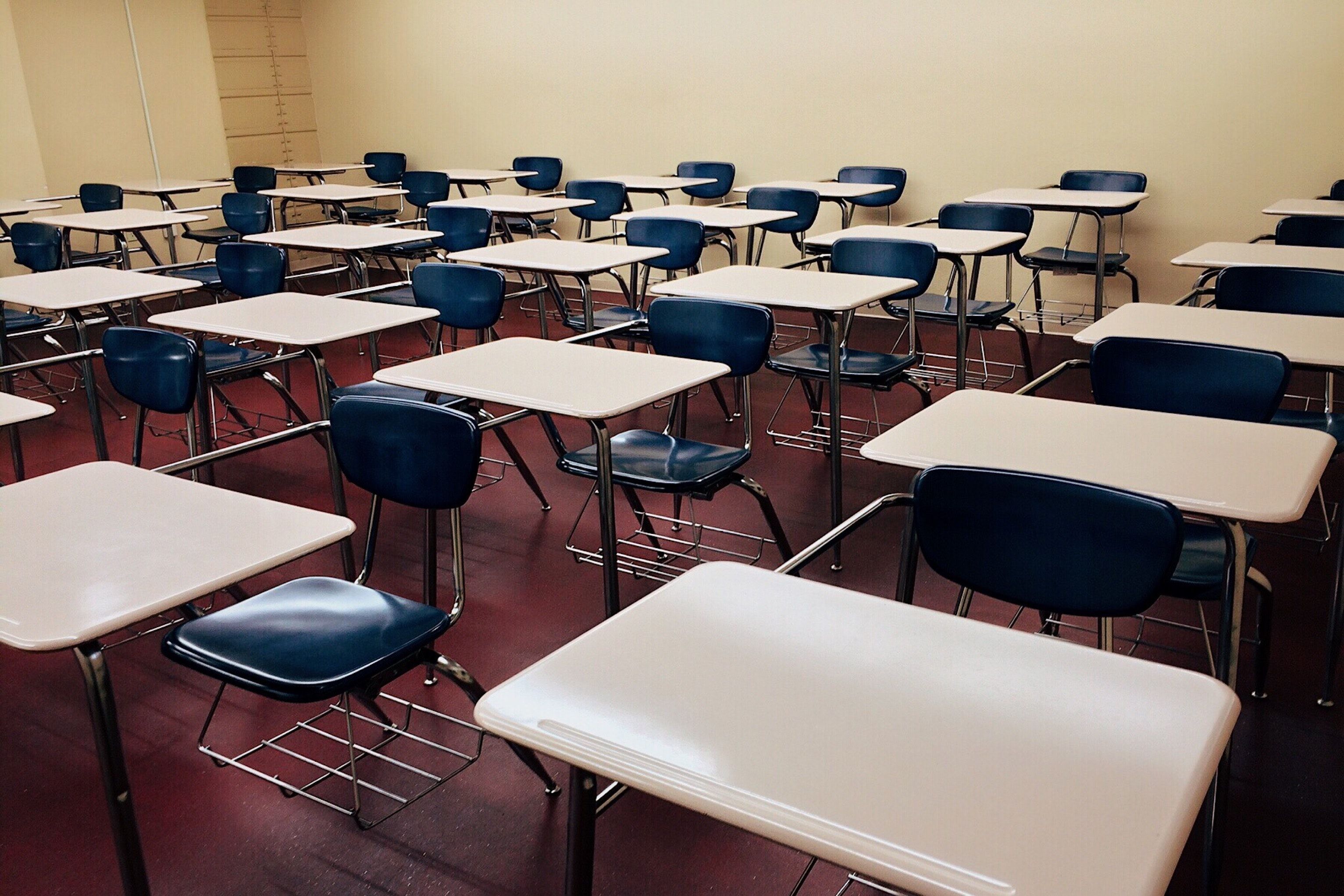Spain's Supreme Court has for the first time overturned the language teaching plans of two schools in Catalonia for failing to include a quota of 25% classroom time in the Spanish language in teaching programmes. An administrative disputes chamber of the Madrid-based court made the rulings after dismissing the Catalan government's cassation appeals against earlier decisions by Catalan High Court (TSJC) to impose the 25% quota in the two schools, considering that the appeals are not sufficiently founded. The Supreme Court has thus annulled the language plans of the two schools: the Escola Josefina Ibáñez, in Abrera, a town in Barcelona's metropolitan area, and the Escola Bogatell, in Barcelona city. In addition, the provisions of the Supreme Court on the Catalan government's appeals, dated July 13th and against which there is no appeal, mean that the Generalitat government will pay judicial costs.
The Supreme Court, in addition, was critical of the Generalitat of Catalonia for appealing the TSJC decision in a "generalized way with regard to the linguistic system, without any other limitation and nuance", and the case relating to the schools was not "duly supported" but rather focused on "generic and undetermined excesses". Accordingly, the court did not assess the substantive issue in depth but rather rejects the Catalan government's appeals, in addition to canceling the language plans of the two Catalan primary schools. These two primary schools were the first to have their language plans overturned by the TSJC, in March 2021. Then came others, and the Catalan government appealed them to the Supreme Court along with the cases of the schools in Abrera and Barcelona. The Supreme Court decision today thus confirms the Catalan court's rulings, and it also include a reference to the Celaá Law, the Spanish education law of 2020, which was passed without a specific reference to the vehicular status of the Spanish language. The note in today's ruling states that Spanish must be vehicular by constitutional mandate, according to the jurisprudence of the Constitutional Court.
The inadmissibility of the Catalan government's resources means that the strategy of the Catalan education ministry, headed by Josep Gonzàlez-Cambray, is now up in the air, because, in both these schools, the ruling states that a 25% Spanish quota will be applied in the coming year, satisfying the claim of the plaintiff families. The president of the Assembly for a Bilingual School (AEB) pressure group, Ana Losada, assessed "these provisions very positively because they show that regardless of whether the 25% measure is blocked or not, schools must schedule subjects in Spanish". "People have been thinking that the 25% ruling is not valid", lamented Losada, who asserted that Spanish "must be a vehicular language in Catalan schools" because that is what the law says. In fact, in the rulings in March 2021, appealed by the Catalan government, the TSJC backed "an education that includes Spanish as a vehicular language, in a reasonable proportion" which, "in the absence of its specification" must be set at a minimum of 25%.

